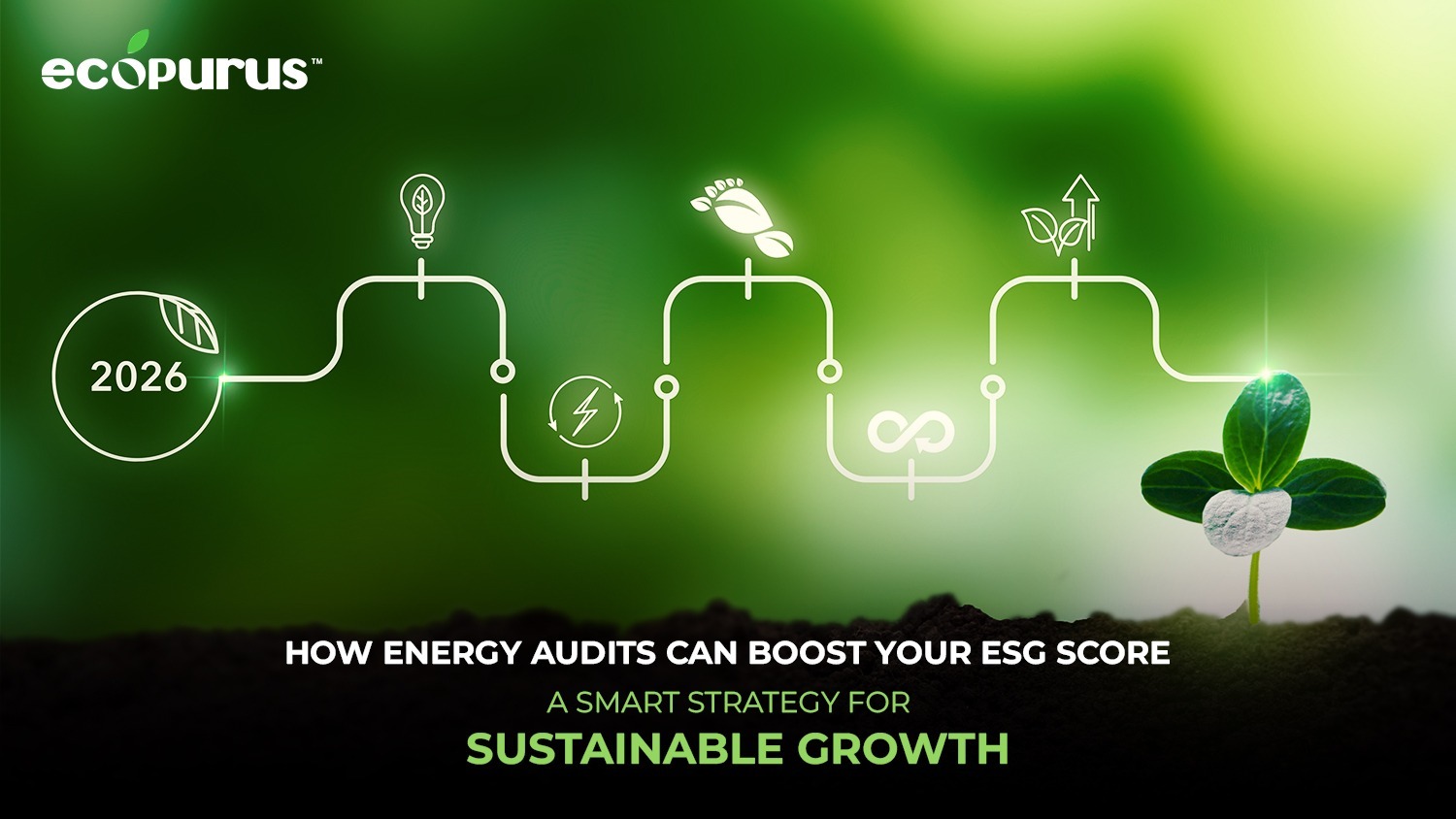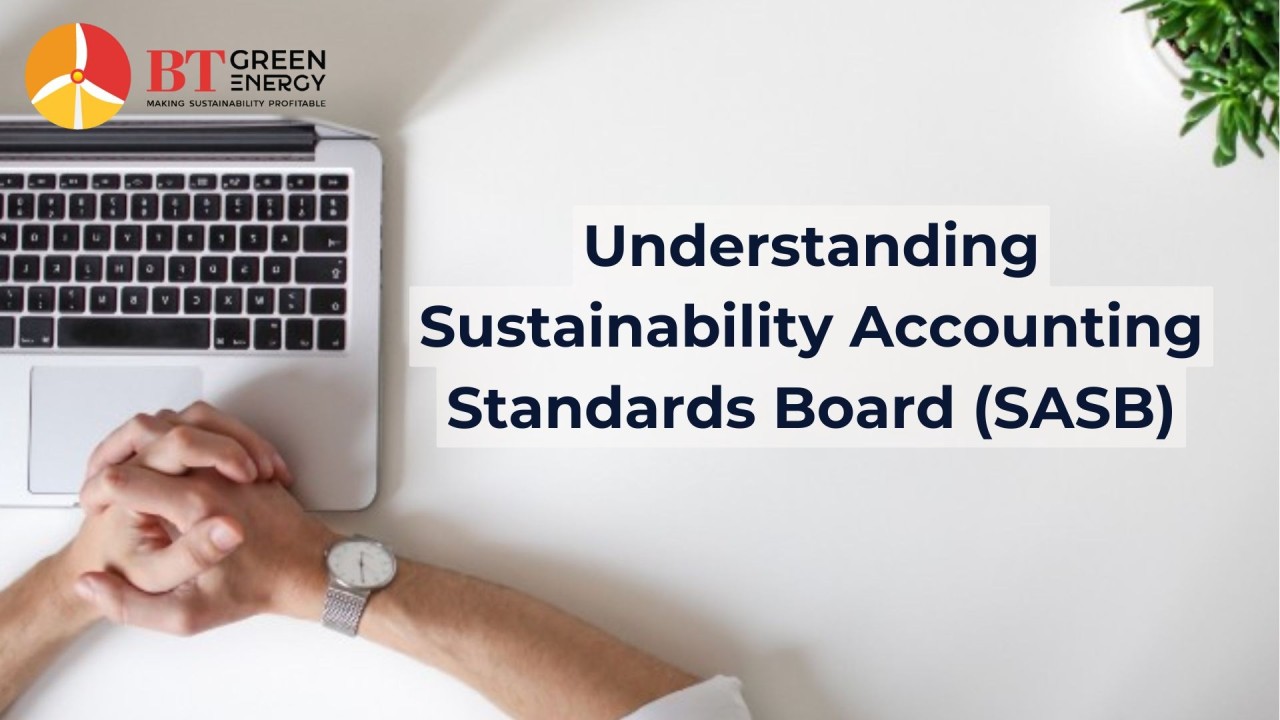
How Energy Audits Can Boost Your ESG Score: A Smart Strategy for Sustainable Growth
In today’s business landscape, sustainability isn’t just a value—it’s a competitive advantage. Yet, while many companies are eager to showcase their green credentials, few have the verified data to back up their claims. That’s where an Green energy audit becomes a strategic tool—bridging the gap between intent and proof
Why ESG Scores Depend on Verified Action
Environmental, Social, and Governance (ESG) metrics now shape everything from investment decisions to customer trust. Regulatory bodies like SEBI are tightening disclosure norms. Investors demand transparency. Clients expect accountability.
Vague goals no longer suffice. ESG rating providers and compliance frameworks require validated action—measurable improvements with verifiable results.
An energy audit can help your company reduce its SCOPE 2 Emissions. It reviews lighting, air conditioning, equipment and even idle power usage use of RE. It shows areas where energy is being wasted and RE can be used to optimise power cost and control emissions.
What Does an Energy Audit Actually Do?
These adjustments make a difference. They save you money and lower your carbon footprint in the long run. However, the most important thing is that they leave an obvious trail of evidence. That trail becomes essential when you deal with an ESG rating provider. They want to see numbers, not goals.
These changes not only save money and reduce carbon emissions but also create an audit trail—critical for ESG reporting and assurance.
What Happens After the Audit?
The real value begins once audit recommendations are implemented. Key post-audit steps typically include:
- LED upgrades across facilities
- Timed or sensor-based lighting controls
- Replacement of outdated motors and drives
- Integration of solar or wind energy
- Automation of energy management systems
Every improvement can be measured, monitored, and verified—feeding directly into ESG filings, annual reports, procurement bids, and CSR documentation.
Return on Investment: Tangible and Strategic
While some businesses delay audits due to perceived costs, the reality is starkly different:
- Lower utility bills
- Reduced equipment wear and tear
- Easier compliance with ESG regulations
- Enhanced reputation and investor appeal
ESG-aligned companies attract premium capital. An energy audit, paired with verification, transforms from a cost center into a strategic asset.
Why ESG Scores Depend on Verification
Today, ESG is more than just a report. It affects investments, partnerships and public image. Regulatory bodies like SEBI are also making ESG disclosures mandatory for listed companies. This means that your sustainability efforts are not private anymore. They are part of your business reputation.
Energy audits help you respond to this shift. When followed by actual implementation, they offer clear proof of progress. ESG scores improve when auditors can confirm that your electricity usage has dropped, or that your factory now runs partially on solar power. Without that confirmation, your ESG score stays flat. Sometimes it can even drop.
What Happens After the Audit?
An energy audit is only the first step. What you choose to do with the outcome is the most important aspect. Here is what usually follows:
- Replace high-wattage lights with LED systems
- Install motion sensors in unused areas
- Upgrade outdated motors to energy-efficient ones
- Add solar panels or renewable energy sources to reduce grid dependency
- Use automation tools to monitor and manage daily energy use
Each action can be tracked. Each saving can be reported. When verified, this data feeds directly into ESG documentation. It helps with everything from investor reports to CSR statements and procurement bids.
Return on Investment is Real
Some companies delay audits because they worry about cost. But most audits pay for themselves. Energy bills drop. Equipment lasts longer. And compliance becomes easier. The bigger gain, though, is in ESG visibility.
A better score can attract ESG-focused funds, improve procurement rankings, and secure government benefits tied to sustainability. An energy audit, when paired with third-party verification like Ecopurus certification for SCOPE 2 emissions becomes a business tool. Not just a utility report.
Final Thoughts
The push for ESG transparency is only going to increase. Companies that start early and verify their actions will always stay ahead. A certified energy audit does more than show savings. It proves that your business is taking sustainability seriously.
In today’s competitive market, that proof is everything. If your business is serious about improving ESG performance, now is the time to act. Ecopurus makes it easier, cleaner, and credible.










